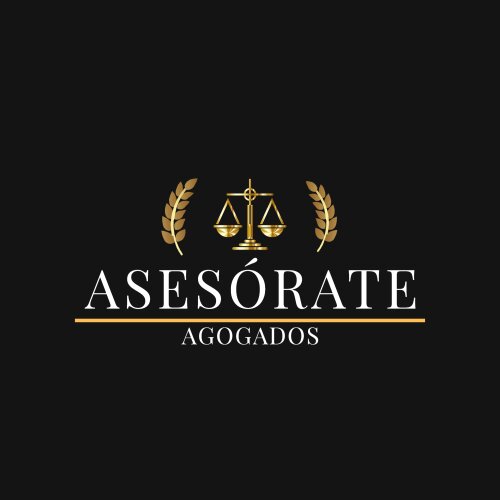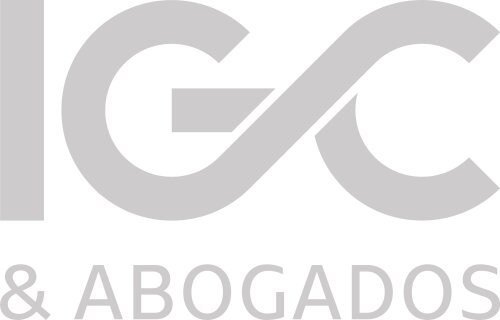Best Education Law Lawyers in Colombia
Share your needs with us, get contacted by law firms.
Free. Takes 2 min.
Or refine your search by selecting a city:
List of the best lawyers in Colombia
About Education Law in Colombia
Education Law in Colombia encompasses the legal principles and policies governing the education system in the country. This includes regulations concerning educational institutions, student rights, teachers' duties, curriculum standards, and government oversight. The main objective of Education Law is to ensure accessible, equitable, and quality education for all Colombians, thereby contributing to the social and economic development of the nation. In Colombia, the constitution guarantees the right to education, making it a fundamental right that must be upheld by both the government and private entities.
Why You May Need a Lawyer
There are numerous situations where individuals might require legal assistance in the realm of Education Law. Some common scenarios include disputes between students and educational institutions regarding disciplinary actions, issues related to special education services, disagreements over admissions or expulsions, and conflicts involving educational staff's employment rights and contracts. Additionally, private schools may need legal guidance on compliance with national educational standards and regulations. Families may also seek legal advice when their child's right to education is not being adequately fulfilled.
Local Laws Overview
Colombian Education Law is primarily governed by the Constitution, the General Education Law (Law 115 of 1994), and various decrees and resolutions issued by the Ministry of National Education. These laws establish that all children have the right to access elementary and secondary education. The government has a duty to provide quality education and oversee both public and private educational institutions. Specific legislation also covers the protection of special needs students, teacher rights and obligations, evaluation processes, and the responsibilities of parents and guardians in the educational framework.
Frequently Asked Questions
What rights do students have under Colombian Education Law?
Students in Colombia have the right to access free public education, protection from discrimination, a safe learning environment, and participation in their educational process.
Are private schools in Colombia subject to the same regulations as public schools?
While private schools have more autonomy, they must still comply with national standards and regulations set by the Ministry of National Education. This includes curriculum requirements and the overarching principle of non-discrimination.
What is the role of the Ministry of National Education?
The Ministry of National Education is responsible for setting educational standards, regulating institutions, ensuring quality and accessibility, and implementing educational policies across Colombia.
How are disputes involving special education services resolved?
Disputes can often be resolved through dialogue and mediation between the parties involved; however, if this fails, legal action may be necessary to ensure compliance with special education provisions and the rights of the child.
What legal protections exist for teachers in Colombia?
Teachers are protected under labor laws, which govern their contracts, wage conditions, work environment, and dispute resolution mechanisms. They also have the right to unionize and bargain collectively.
Can parents or guardians be held responsible for school attendance?
Yes, parents and guardians have legal responsibilities to ensure their children attend school and fulfill their educational duties as mandated by law.
How does Colombian Education Law address bullying?
Colombian Education Law requires schools to implement policies to prevent and address bullying, creating a safe and harmonious environment for learning. Victims and their families can seek legal remedies if these policies are not properly enforced.
What are the legal grounds for expulsion from a school?
Expulsion must typically be based on serious violations of school rules. Students and parents have the right to be heard and to appeal expulsions, ensuring that such actions comply with due process.
How can schools legally discipline students?
Disciplinary actions should align with schools' regulations and be proportionate to the infraction. Students have the right to fair treatment and discipline should not be discriminatory or excessively harsh.
Is homeschooling permitted in Colombia?
Homeschooling is not explicitly regulated in Colombia, and parents interested in this option should seek legal advice to understand potential implications and requirements.
Additional Resources
For additional information or assistance, individuals can consult the following resources:
- Ministry of National Education of Colombia: Offers guidance and information on educational policies and standards.
- Defensoría del Pueblo (Ombudsman's Office): Assists in addressing human rights concerns, including educational rights.
- Student and Parent Associations: Provide support, resources, and advocacy for educational rights issues.
- Education-focused NGOs: Organizations such as Fundación Compartir and Fundación Educativa Cafam offer resources and can provide legal referrals.
Next Steps
If you need legal assistance in Education Law, consider reaching out to a qualified lawyer specializing in this field. Begin by researching potential attorneys or legal services in your area and prepare any relevant documentation concerning your situation. It may also be helpful to start an informal dialogue with the educational institution involved to explore possible resolutions. For formal legal proceedings, filing a complaint with the appropriate governmental or judicial body may be necessary.
Lawzana helps you find the best lawyers and law firms in Colombia through a curated and pre-screened list of qualified legal professionals. Our platform offers rankings and detailed profiles of attorneys and law firms, allowing you to compare based on practice areas, including Education Law, experience, and client feedback.
Each profile includes a description of the firm's areas of practice, client reviews, team members and partners, year of establishment, spoken languages, office locations, contact information, social media presence, and any published articles or resources. Most firms on our platform speak English and are experienced in both local and international legal matters.
Get a quote from top-rated law firms in Colombia — quickly, securely, and without unnecessary hassle.
Disclaimer:
The information provided on this page is for general informational purposes only and does not constitute legal advice. While we strive to ensure the accuracy and relevance of the content, legal information may change over time, and interpretations of the law can vary. You should always consult with a qualified legal professional for advice specific to your situation.
We disclaim all liability for actions taken or not taken based on the content of this page. If you believe any information is incorrect or outdated, please contact us, and we will review and update it where appropriate.
Browse education law law firms by city in Colombia
Refine your search by selecting a city.















